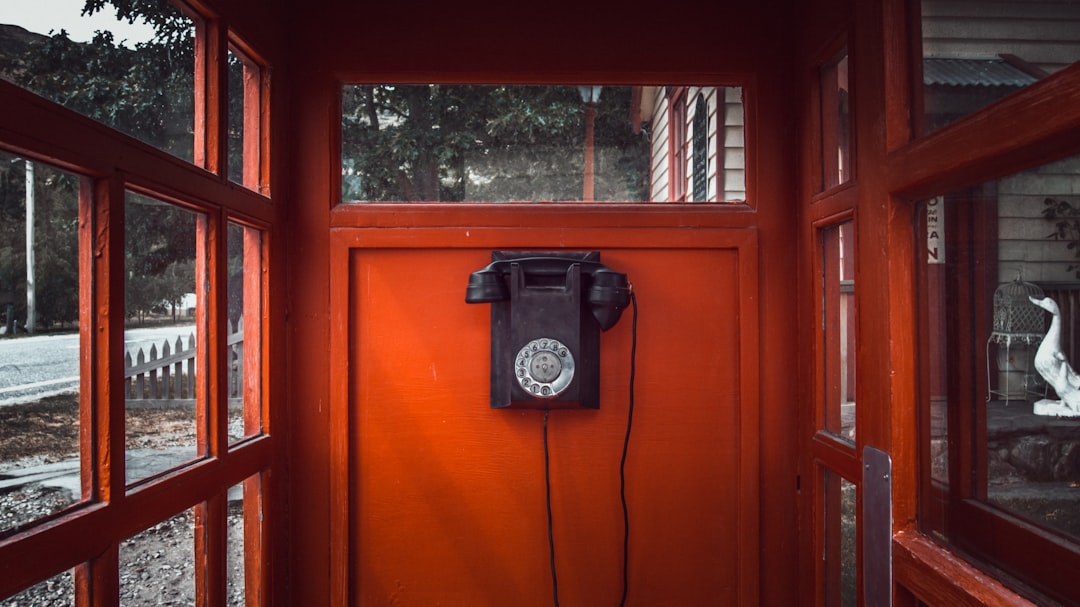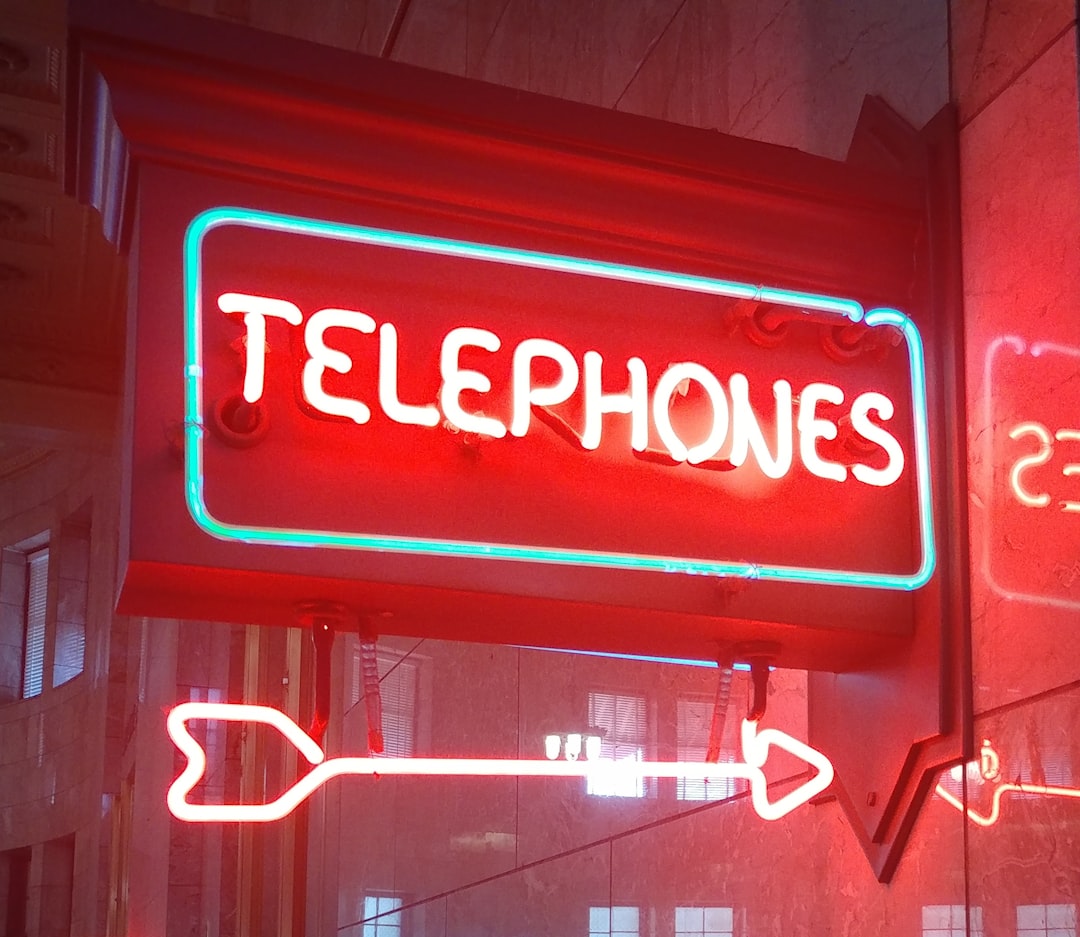In Wisconsin, political robocalls are regulated by state laws and federal regulations like the TCFAP, which includes the National Do Not Call Registry. Residents can opt-out of automated calls, report them to the Do Not Call Law Firm, and consult with a robocall lawyer or spam call law firm for legal action. By registering on the national registry, blocking calls, and reporting unwanted messages, Wisconsin residents can reduce political robocalls and take advantage of legal protections offered by robocall laws.
Tired of political robocalls inundating your Wisconsin phone lines? You’re not alone. These automated messages can be intrusive and misleading. Luckily, understanding Wisconsin’s legal framework and knowing your rights is key to stopping them. This guide explores everything from reporting robocalls and engaging a robocall lawyer in Wisconsin to preventive measures. Learn how to protect yourself from unwanted political calls and reclaim your peace of mind using resources like spam call law firms in Wisconsin.
Understanding Political Robocalls and Their Legal Framework in Wisconsin

Political robocalls have become a common annoyance for many Wisconsin residents, especially during election cycles. These automated phone calls, often promoting specific candidates or causes, can be persistent and intrusive. While political campaigns rely on such methods to reach voters, it’s crucial to understand that there are legal boundaries to protect individuals from excessive or unwanted communication. In Wisconsin, the Do Not Call Registry plays a vital role in mitigating robocalls, allowing citizens to opt-out of receiving calls from political organizations and candidates.
The legal framework surrounding robocalls in Wisconsin is governed by the state’s Spam Call Law, which aims to safeguard residents’ privacy and peace of mind. According to this law, robocallers must obtain explicit consent before dialing numbers for commercial purposes, including political campaigning. Residents who feel they’ve received unwanted or harassing robocalls can take action by reporting them to the Wisconsin Do Not Call Law Firm. Consulting with a robocall lawyer in Wisconsin or a specialized spam call law firm can help individuals understand their rights and explore legal options against persistent violators, ensuring a quieter and less disruptive political experience.
Rights of Residents: Do Not Call Regulations and Enforcement

In Wisconsin, residents enjoy protections against political robocalls and unsolicited marketing calls thanks to state and federal do-not-call regulations. The Telemarketing and Consumer Fraud and Abuse Prevention Act (TCFAP) grants consumers the right to register their phone numbers on the National Do Not Call Registry, a powerful tool in curbing unwanted calls. This registry prohibits telemarketers from calling residential phone lines during certain periods without prior consent.
Enforcement of these laws is handled by the Wisconsin Department of Agriculture, Trade and Consumer Protection (DATCP), which has the authority to investigate complaints and take legal action against violators. If you’re facing a constant deluge of political robocalls or feel your rights have been infringed upon, consulting with a robocall lawyer in Wisconsin or a spam call law firm specializing in consumer protection can be beneficial. Legal experts can guide you through the process of registering complaints and pursuing potential legal remedies under the state’s robocall laws and those governing telemarketing practices.
How to Report Political Robocalls: Steps and Resources in Wisconsin

If you’re tired of receiving political robocalls in Wisconsin, you can take action to stop them. The first step is to identify and report the calls as spam. Wisconsin has strict laws against unwanted phone calls, including robocalls for political purposes. You can file a complaint with the Wisconsin Department of Agriculture, Trade and Consumer Protection (DATCP). Their website provides an easy reporting system where you can log the details of the robocall, including the caller’s number and the date and time of the call.
Additionally, consider contacting a robocall lawyer or attorney in Wisconsin who specializes in spam call laws. These legal professionals can help navigate the state’s regulations and guide you on the best course of action. They may be able to represent you if necessary, especially if the calls continue despite your efforts. Many law firms offering such services are listed online, including those that cater specifically to robocall cases, ensuring you have access to the right support with just a few clicks.
Legal Action: Engaging a Robocall Lawyer or Attorney in Wisconsin

If your peace of mind is being disrupted by relentless political robocalls in Wisconsin, legal action could be an option worth exploring. Engaging a robocall lawyer or attorney specialized in Wisconsin’s spam call laws can provide a strategic approach to combat this issue. These legal professionals are equipped to navigate the intricacies of state regulations regarding telemarketing practices and do-not-call lists.
In Wisconsin, as in many states, there are strict guidelines governing political robocalls and unwanted texts. A lawyer experienced in these laws can help you understand your rights and explore options like requesting the caller stop contacting you or taking legal action if the calls persist. By consulting with a robocall attorney from a reputable spam call law firm in Wisconsin, you gain access to expertise that could put an end to the nuisance of unwanted political messaging.
Preventive Measures: Protecting Yourself from Future Unwanted Communication

To protect yourself from future unwanted political robocalls in Wisconsin, there are several preventive measures you can take. Start by registering your number on the National Do Not Call Registry. This federal list helps prevent telemarketers and political campaigns from calling numbers that have opted out of unsolicited calls. In Wisconsin, additional protections come from state laws regulating robocalls and spam calls. Consulting with a robocall lawyer in Wisconsin or a spam call law firm Wisconsin can help you understand your rights and options.
Many phone services now offer call-blocking features that can automatically filter out known robocalls. Downloading apps designed to identify and block political and unwanted texts can also be effective. Additionally, being mindful of who you share your contact information with during elections—and reporting suspicious calls or messages—can help reduce the volume of unsolicited political communication. Engaging a robocall attorney Wisconsin for guidance if these measures aren’t sufficient can ensure your rights under state robocall laws Wisconsin are protected.






